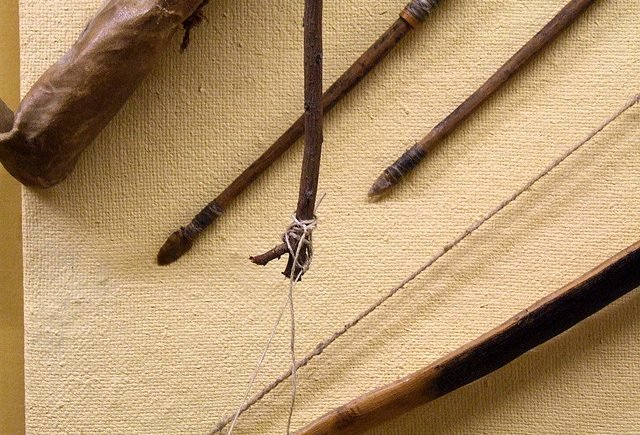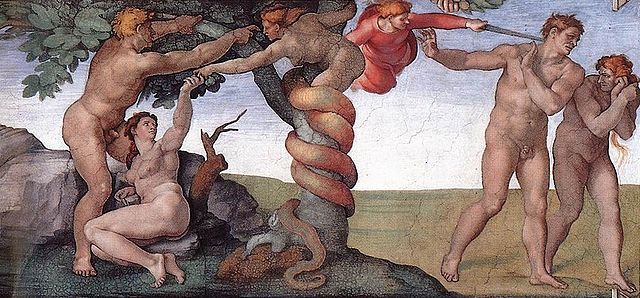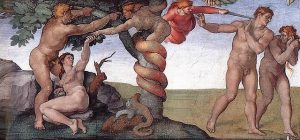by Lois Tverberg
And God said, ‘This is the sign of the covenant I am making between me and you and every living creature with you, a covenant for all generations to come: I have set my rainbow in the clouds, and it will be the sign of the covenant between me and the earth. Never again will the waters become a flood to destroy all life.’
– Genesis 9:12-13,15
One of the most popular scenes available for decorating baby nurseries is that of Noah’s ark with the a big boat, cute animals and a pretty rainbow. This image is fine to use as a beautiful image of God’s faithfulness, and represents a happy end to the story. But let’s not forget that the flood is very much the opposite from being a happy children’s story – it is the most terrible scene of judgment in all of the Bible. Every human being died in one great cataclysm because mankind had sank to such depravity that God was sorry that he even made them.
I had a hard time imagining what human beings could do that would merit such anger on God’s part until I heard about the horrors the Nazis committed in WW2 concentration camps, or of the deaths of thousands in torture chambers and by nerve agents in Iraq in even just the past few years. Humans really are capable of wickedness to the limits of the imagination. On Sept. 11, I remember wondering why God didn’t swoop down and put an end to pockets of evil that are responsible for such misery on earth. Of course, the infection is universal – if judgment started, where would it end?
 In the light of this, the first covenant that God made has a profound message to us. The word for “rainbow” is used for “bow” through the rest of scriptures, the weapon of battle. The sign of the rainbow is to say that God has laid down his “bow,” his weapon, and has promised not to repeat the judgment of the flood, even if humans do not change. It is because humans are so precious in the eyes of God that he constrains himself to finding another answer to the dilemma of sin than the obvious one of universal judgment.
In the light of this, the first covenant that God made has a profound message to us. The word for “rainbow” is used for “bow” through the rest of scriptures, the weapon of battle. The sign of the rainbow is to say that God has laid down his “bow,” his weapon, and has promised not to repeat the judgment of the flood, even if humans do not change. It is because humans are so precious in the eyes of God that he constrains himself to finding another answer to the dilemma of sin than the obvious one of universal judgment.
Even in this early story we see forward to God’s ultimate desire for mercy rather than punishment for sin. He will finally bring it to maturity in Christ, who would extend mercy to sinners and a permanent covenant of peace with God through His atoning blood. That covenant is the ultimate answer to sin, the final solution to the terrible human problem.
Photo cred: Travis




